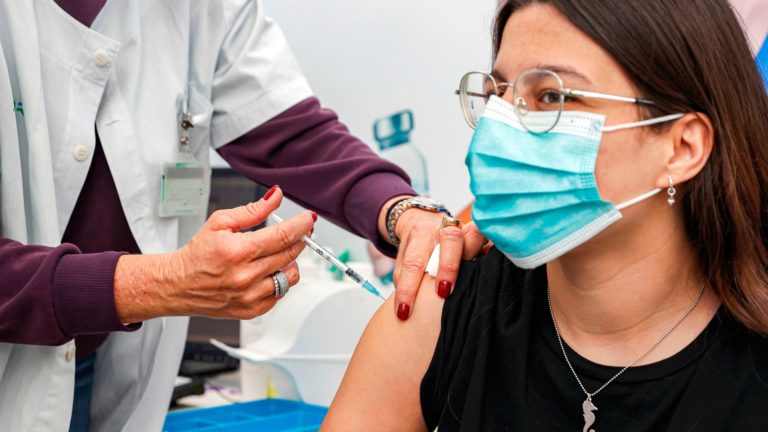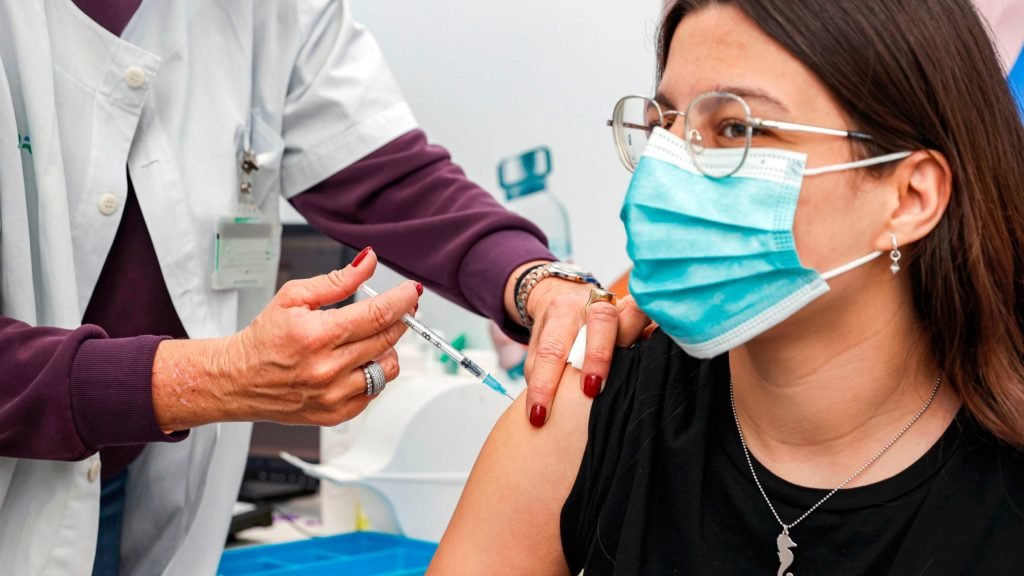
Besides milling biologically customized rice grains, an innovative vaccination was created to safeguard against fatal cholera. Hardly any evident adverse impacts and great immune system have been found in the next medical study.
In Stage 1 Human Tests An Edible Cholera Vaccination Consisting Of Powdery Rice Proved To Be Safe
The findings of the stage 1 flu vaccination medical study, called MucoRice-CTB, were authored in The Lancet Microwave by scientists from the University of Tokyo and Chiba University.

Throughout 2020, the production of vaccines, which was stimulated by the COVID-19, took huge steps. Even so, the complexity of the SARS-CoV-2 mRNA flu shots has shown the significance of vaccination that could be produced, transferred & saved inexpensively and with no cooling.
30 participants were given a placebo, and then subgroups of ten were given 4 vaccines, separated every 2 weeks, of either 3 milligrammes, 6 milligrammes, or 18 milligrammes. Test results of IgA and IgG antibodies – 2 protein kinds which are produced in the immunity to combat infectious diseases— were shown to helpers who have reacted to flu vaccination, unique to cholera toxin B.
2 and 4 months gap needed during the next dosages (CTB). CTB-specific antigens have been quite probable in attendees who did receive a stronger dose of a flu shot.
Bacteria from Vibrio cholera are the more frequently scattered by having drink wastewater. Cholera could even destroy with serious dehydration in only a few hours without hospital treatment. As per the World Health Organization, cholera afflicts 1,3 million to four million folks killing 21,000 to 143,000 every year.
“Rice protein organisms act as organic capsules to produce the antibodies into the intestinal immunologic response “The nice aspect of everyone’s vaccination would be that it judiciously utilises antigen-specific antigens by intestinal means via the human immune system said Dr Kiyono.
Yet, Eleven of the 30 people who were given the vaccination had a minimal or non-existent immunological reaction. Because none of the research participants had ever travelled abroad to Japan, it’s doubtful that they’d had any prior contact with V. cholera or pathogenic E. coli.
Thousands of species of bacteria residing in participants’ intestines were found through thorough genomic sequencing of all faecal specimens. “In simple words, strong respondents have highly diverse microbiota, whereas poor respondents had considerably limited variability” Dr. Kiyono explained.
The sad realities of majority vaccinations are created in affluent areas & subsequently distributed in impoverished regions have already demonstrated the connection between the gastrointestinal microbiota & vaccination rates. Mucosal vaccinations, such as mouth polio & cholera vaccinations appear to be particularly susceptible to this discrepancy. The majority of scholarly explanations center on persistent gastric cancer associated with inadequate cleanliness.